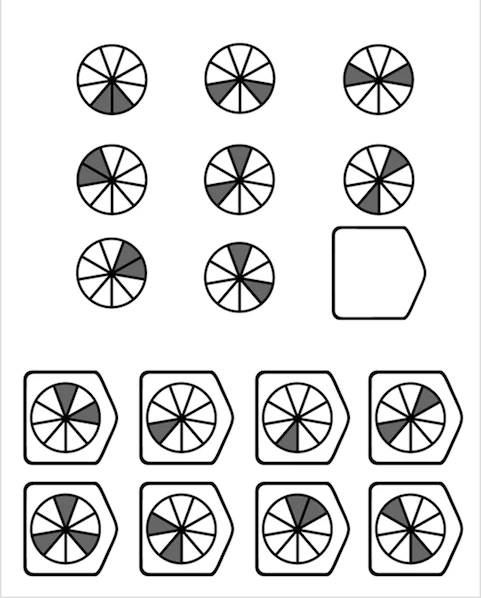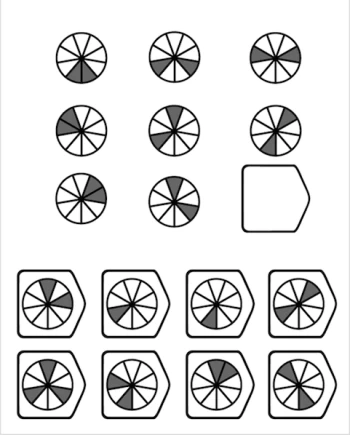The Raven’s Progressive Matrices test is a widely recognized measure of intelligence, which has been used for more than 80 years. It is a non-verbal test that assesses cognitive abilities, specifically fluid intelligence. This article explores the purpose of the Raven’s Progressive Matrices test, its history, and its impact on IQ.
The Raven’s Progressive Matrices test is a cognitive assessment tool designed to measure individuals’ abilities to analyze complex problems and identify patterns in visual stimuli. The test is divided into five sets of 12 multiple-choice questions. Each question features a pattern or set of symbols with a missing element. The goal is to identify the missing element by recognizing the underlying pattern or rule.
The test was developed in the 1930s by John Raven, a British psychologist who sought to create a test that would measure abstract reasoning abilities that were not influenced by language or cultural background. The Raven’s Progressive Matrices test was designed to be culture-free, which means that it is not dependent on a person's educational or cultural background. It is also considered to be a reliable and valid measure of intelligence, as it has been found to be highly correlated with other measures of intelligence.
Studies have shown that performance on the Raven’s Progressive Matrices test is highly correlated with IQ. In fact, the test has been used as a tool to estimate intelligence for military recruits, job applicants, and school children. The test is also used to identify gifted children and those who may have cognitive impairments.
One of the major advantages of the Raven’s Progressive Matrices test is that it does not require language skills or specific knowledge. This means that it can be used across different cultures and languages. The test is also relatively quick to administer, which makes it an efficient tool for assessing intelligence.
The Raven’s Progressive Matrices test has been used in a variety of research studies to explore the relationship between intelligence and various factors such as age, gender, and education level. Studies have shown that intelligence, as measured by the Raven’s Progressive Matrices test, tends to increase with age until early adulthood and then stabilizes. Gender differences in performance on the test have also been observed, with males typically outperforming females. Additionally, individuals with higher levels of education tend to score higher on the test.
While the Raven’s Progressive Matrices test has been found to be a reliable and valid measure of intelligence, it has also been criticized for its lack of practical applications. The test measures abstract reasoning abilities that may not translate to real-world problem-solving skills. Critics argue that the test is not an accurate measure of intelligence because it does not take into account other factors such as emotional intelligence and practical knowledge.
In conclusion, the Raven’s Progressive Matrices test is an important tool for measuring intelligence, particularly fluid intelligence. It is a reliable and culture-free measure of cognitive abilities that has been used for more than 80 years. While the test has its limitations, it remains a valuable tool for identifying cognitive strengths and weaknesses and can be used to assess intellectual potential across a variety of domains.







